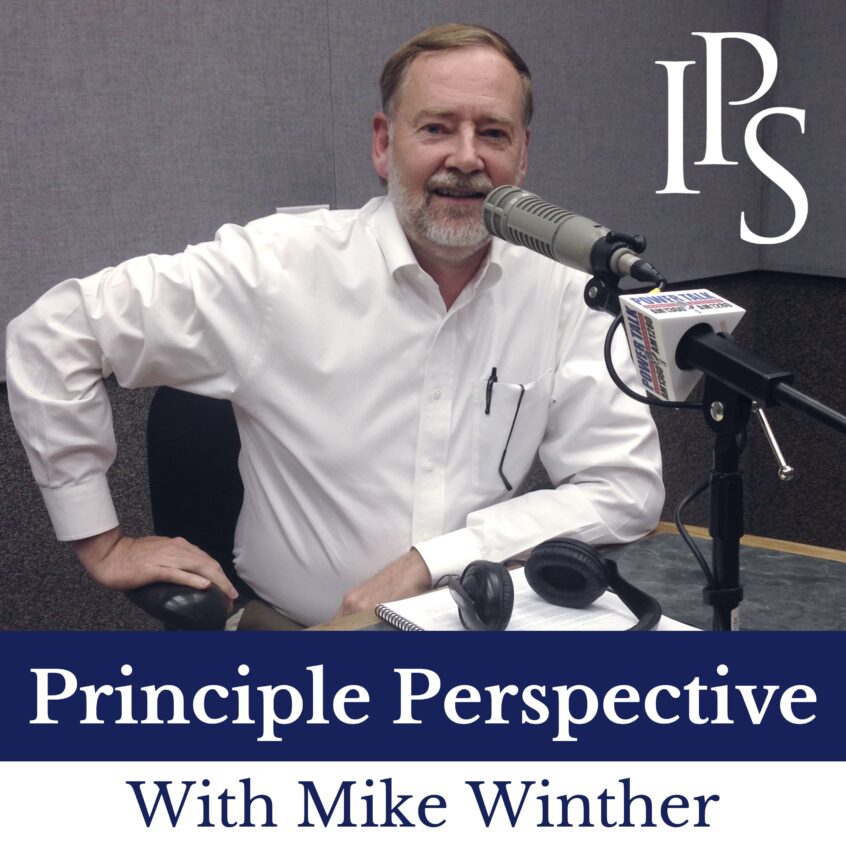LISTEN NOW
It seems that today, everything is filled with controversy. Mike Winther doesn’t shy away from potentially contentious topics, as evidenced in his lecture that delves into the political and economic issues related to COVID-19. He addresses questions about masking, lockdowns, and the appropriate role of government during an epidemic.
His discussion begins with the fundamentals and underlying principles, which he then attempts to apply to the context of the pandemic. He starts with the political and governmental dimensions before exploring the economic implications. Additionally, he discusses concepts such as self-governance and the three God-ordained institutional governments, setting the stage for a principled examination of modern issues.
You’ll Learn:
- [02:19] The three God ordained governments include the state government, the church government, and the family government.
- [03:35] Rights and authority of civil government and the proper authority of government.
- [04:41] He talks about legitimate powers of the government.
- [05:24] Broadly speaking civil rights are rights of the citizens within a society.
- [06:53] The proper role of civil government is everywhere except where it violates rights.
- [08:16] We know from the Bible that there are limits on all governments including the civil government.
- [09:11] Government authority comes from God. All authority has absolute boundaries. Scripture provides adequate tools for us to discover the proper role of government. Relativism and gray areas do not come from God.
- [12:01] Rights of the citizens also come from God.
- [13:31] As fewer Americans stop thinking our rights come from God, we lose liberty.
- [16:14] The power of the civil government is to protect one person from another and adjudicate disputes.
- [18:16] Does spreading Coronavirus infringe on other people’s rights?
- [22:02] We don’t want the government to take away someone’s rights unjustly.
- [25:17] The view of the government is that they can infringe on people’s rights and freedoms to avoid the spread of the virus.
- [29:15] Mike talks about standards, reasonable cause, and presumption. He also talks about property rights.
- [34:50] The practical aspects of how we deal with a pandemic.
- [40:03] Mike gives an example of property rights and how it relates to smoking in restaurants.
- [46:10] The idea of presumption. One is innocent until proven guilty. Relativism is the belief that there are no absolutes.
- [47:24] A bright line is a line of separation between two things. It’s a concept that divides one thing from another.
- [50:52] If you can’t find a bright line, you are using relativism for decision making, because there is no absolute.
- [53:24] A better way to decide what is proper for the government is God’s way and reading the scripture.
- [54:16] We need a standard of what the government can and cannot do.
- [54:29] Economic issues and voluntary versus compulsory. Christians are likely to do the right thing. The more people are exposed to a Biblical worldview, the more people will be concerned about others.
- [56:13] People are less likely to disengage from commerce if they can’t pay the bills.

